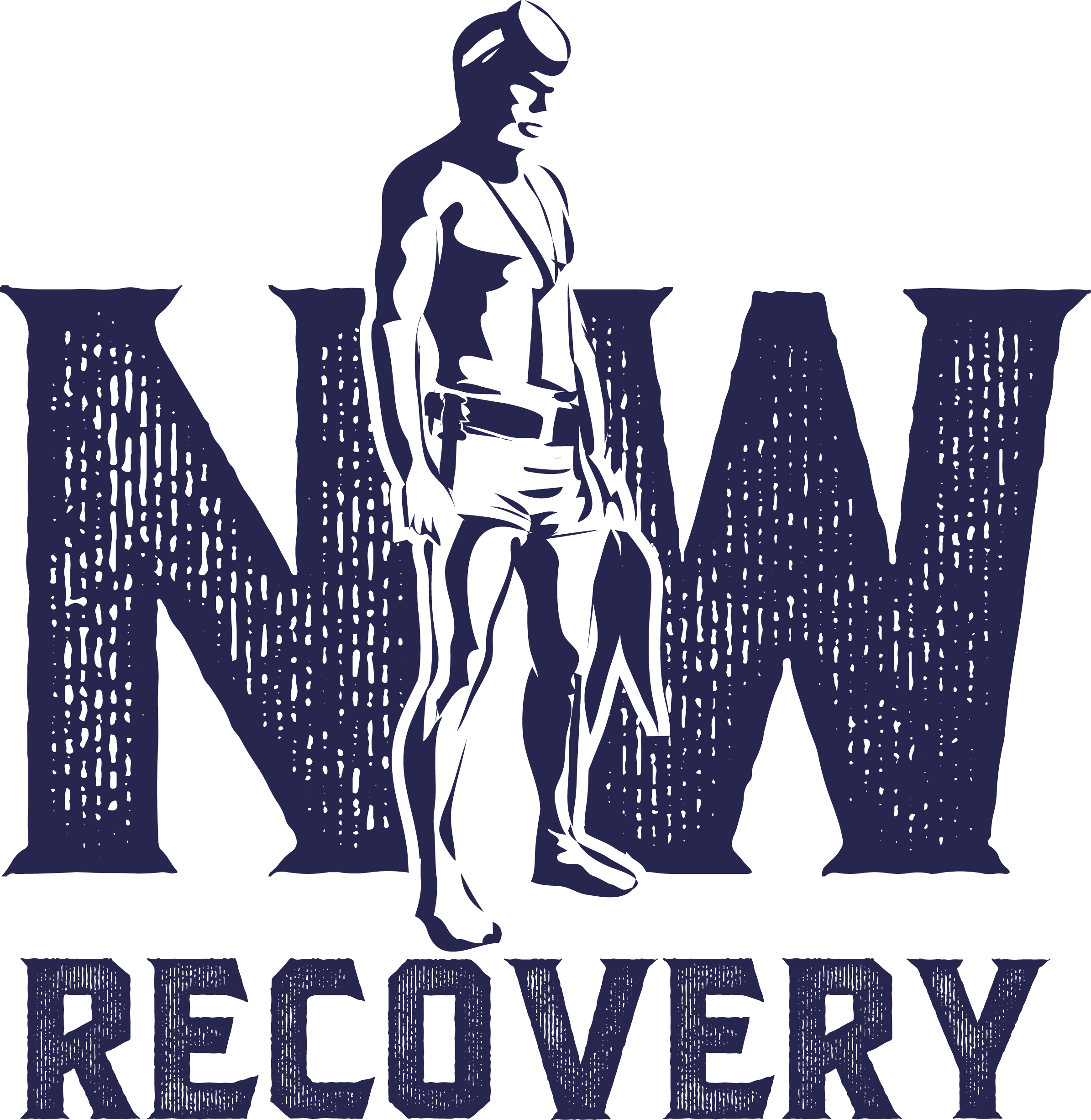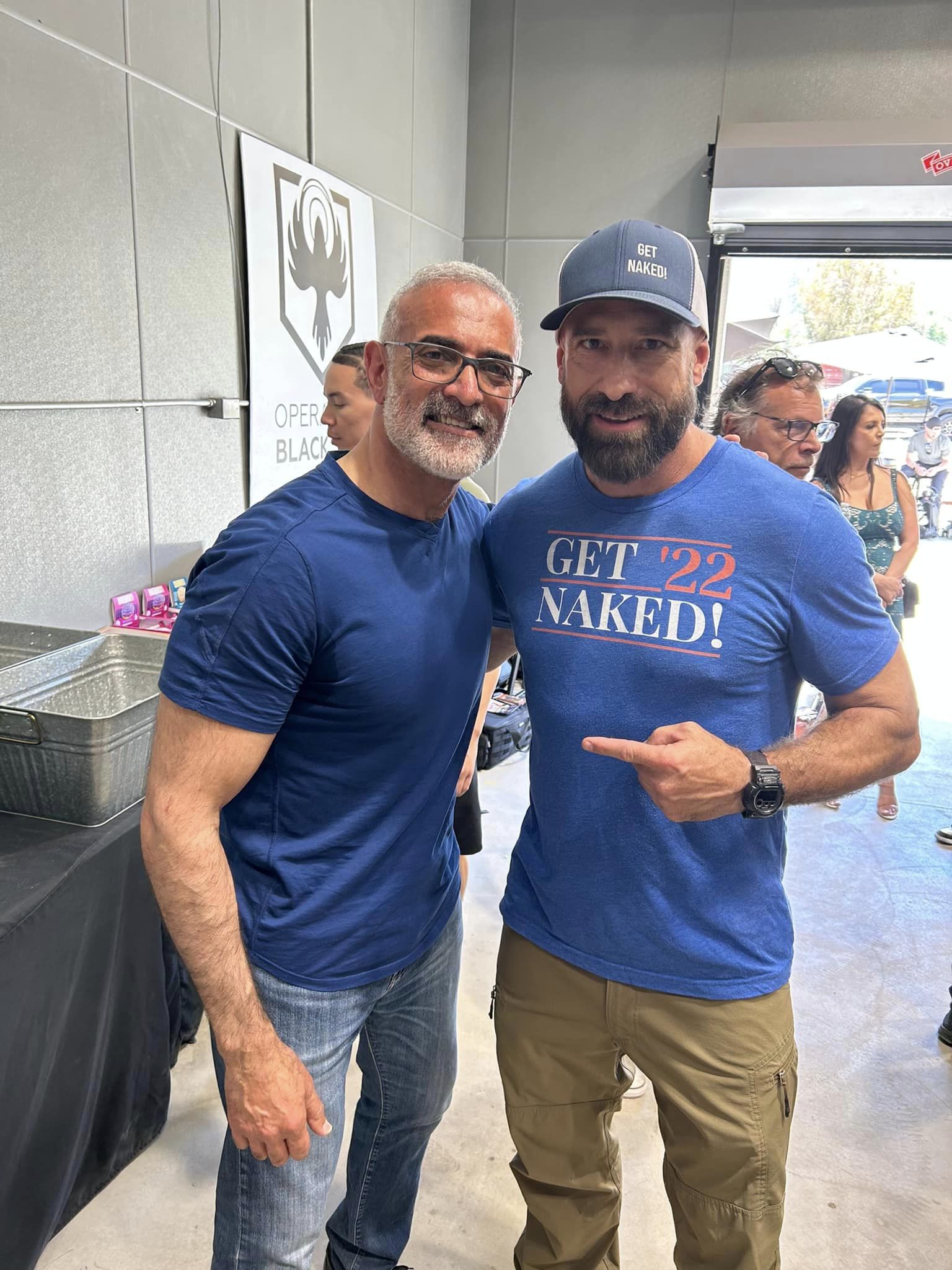Throughout my career as a Navy SEAL Senior Chief, I learned a thing or two about leadership in some of the most challenging environments imaginable. For many leaders, the expectation to be perfect, to always know the right course of action, is immense. But if there’s one invaluable lesson I’ve carried with me into retirement, it’s the importance of giving myself grace when things don’t pan out the way I think they should. The realization that I, like anyone else, don’t have all the answers was both humbling and liberating.
Why Giving Myself Grace Mattered
Learning and Growth: Admitting I didn’t know everything opened doors to learning I might have otherwise ignored. It encouraged me to listen more, ask more questions, and embrace the perspectives of those around me. This mindset didn’t just apply in the field; it’s something that has enriched my life in countless ways.
Resilience: In the teams, resilience isn’t just a trait; it’s a necessity. Learning to see setbacks as opportunities for growth rather than personal failures was crucial. This perspective helped me navigate not just missions, but life’s challenges with a clearer head and a steadier heart.
Authentic Leadership: The most respected leaders I’ve known were those who could admit their vulnerabilities. Showing my team that I was human, that I too had doubts and made mistakes, fostered a level of trust and cohesion that no amount of feigned confidence could ever achieve.
Practices That Helped Me Give Myself Grace
Setting Realistic Expectations: The gap between what I wanted to achieve and what was realistically possible could sometimes be wide. Learning to recognize the difference between striving for excellence and chasing the impossible helped me maintain my sanity and focus on what truly mattered. It taught me to celebrate the small victories and acknowledge the effort, not just the outcome.
Embracing and Learning from Failures: Every mission, every training exercise that didn’t go as planned was a lesson in disguise. I learned to dissect these experiences, to understand what went wrong and why, and to take those lessons forward. This practice developed not just my skills but my character, turning potential stumbling blocks into stepping stones.
Cultivating a Supportive Network: The notion of the lone warrior is a myth. The truth is, we all need a support network. Throughout my career, and even more so in retirement, I’ve leaned on peers, mentors, and family for advice, perspective, and reassurance. These relationships have been my anchor, reminding me that leadership is as much about being a good teammate as it is about leading the charge.
Giving yourself grace is not a sign of weakness; it’s an acknowledgment of your humanity and a necessary practice for anyone in a leadership role, whether on the battlefield or in everyday life. It’s about understanding that perfection is an impossible standard, and that making mistakes, asking for help, and not knowing all the answers are part of the human experience. These lessons, hard-earned over years of service, have not only made me a better leader but a better person.






